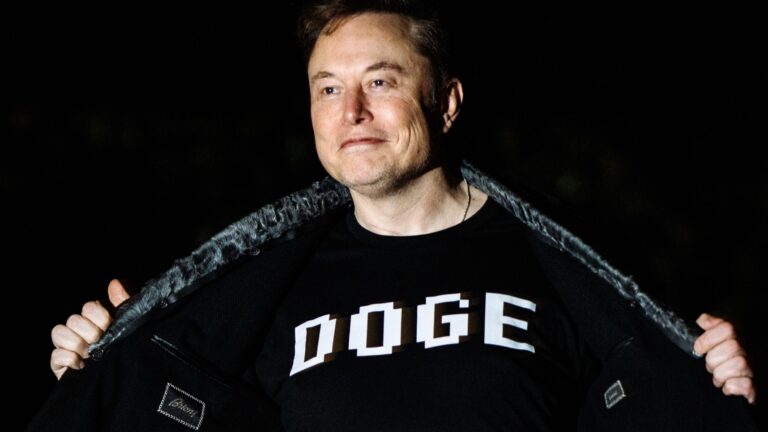GARDEN GROVE, Calif.—There's no shortage of companies looking to reinvent the delivery experience using everything from sidewalk drones to electric vans. Some are succeeding, but many more have failed by trying to radically rethink the simple, age-old task of getting stuff from one place to another.
Harbinger likewise wants to shake up part of that industry but in a decidedly understated way. If you found yourself stuck in traffic behind one of the company's all-electric vehicles, there's a good chance you wouldn't even notice. The only difference? The lack of diesel smoke and clatter.
From the outside, Harbinger's pre-production machine looks identical to the standard flat-sided, vinyl-wrapped delivery vehicles that seemingly haven't changed in decades. That's because they really haven't. Those familiar UPS and FedEx machines are built on common chassis like Ford's F-59 or Freightliner's MT45, with ladder chassis and leaf spring designs dating back to the earliest days of trucking.
Rather than discarding decades of learning and optimization, Harbinger is keeping its focus narrow, changing only what's required to move the industry away from expensive and ugly combustion to cleaner and cheaper electric drive.
Harbinger is exclusively focused on medium-duty options right now, trucks that are significantly larger than the Rivians or Mercedes eSprinters of the world. "That's basically everything 5 through 15 tons or thereabouts," co-founder and Harbinger CTO Phillip Weicker said, "the dominant product for what's called a stripped chassis, essentially what in the passenger market is called a skateboard."
Yes, Harbinger just builds the chassis. Everything on top comes from somewhere else.
"Most medium-duty vehicles are built by one company building the chassis [and] another company installing the body," Weicker said. "So this made the perfect sense for our first product because we're going to be focused almost entirely on the differentiated aspects. We don't have to deal with the high capital investments for body in white, paint shop, [and] a lot of the things that have cost EV startups lots of money just to get to a table-stakes position with their incoming competitors."
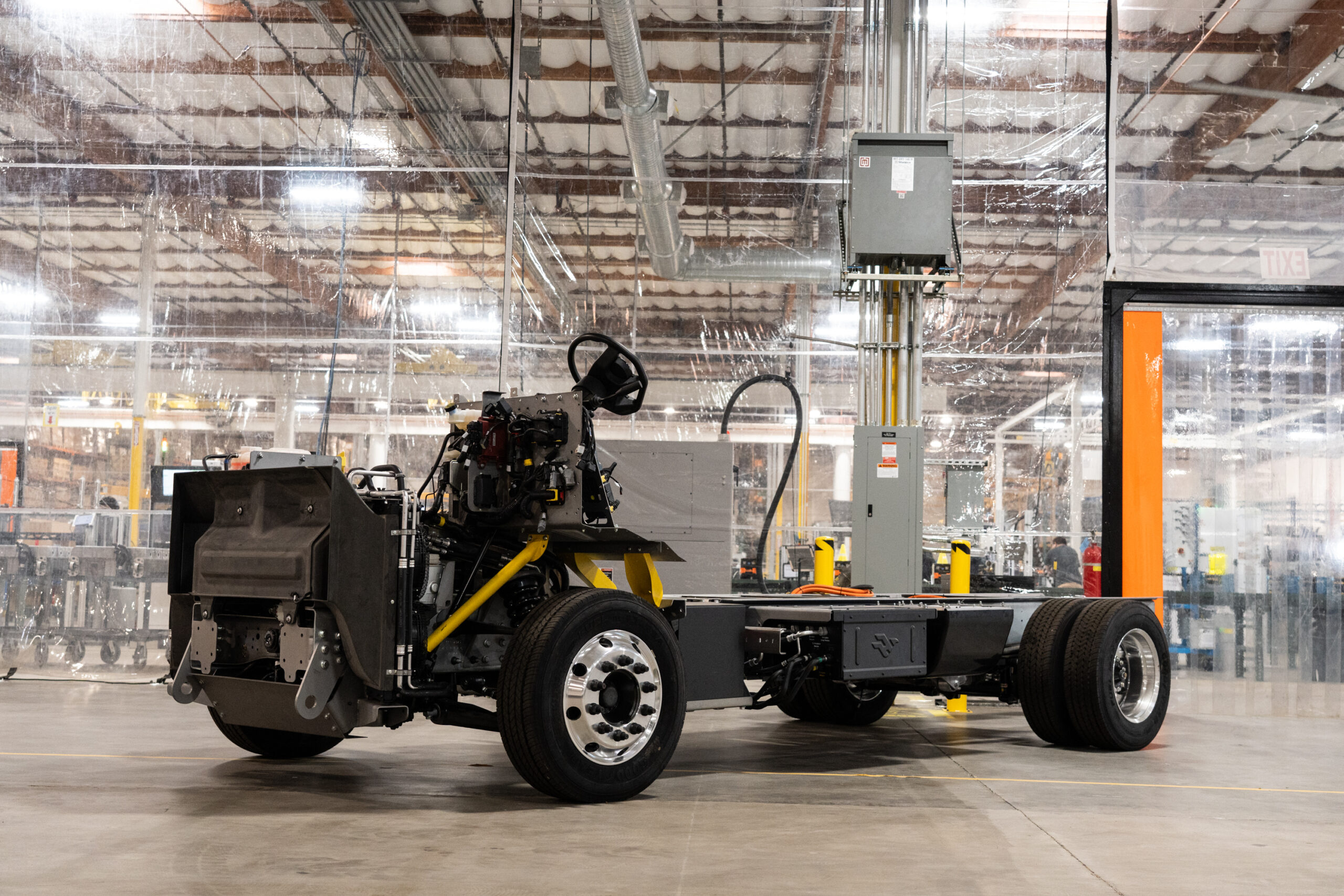
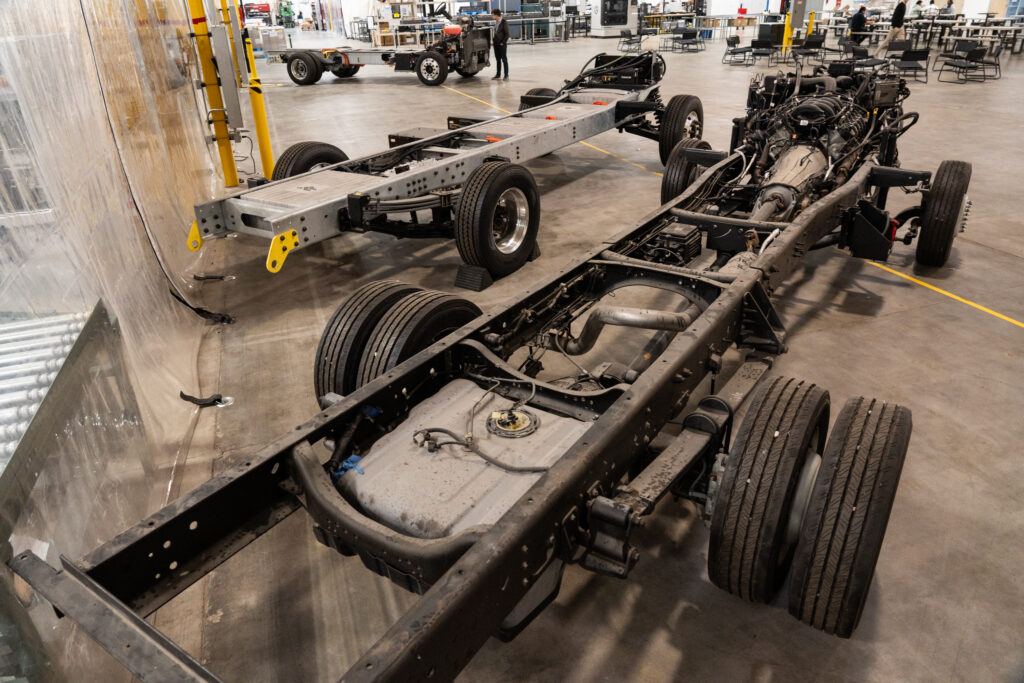
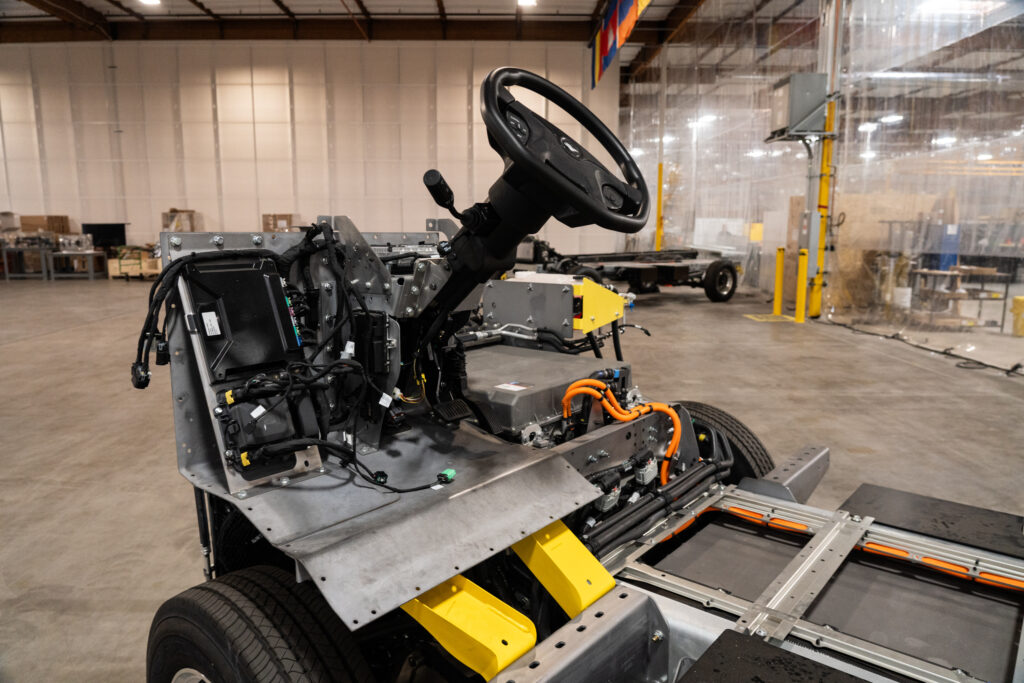
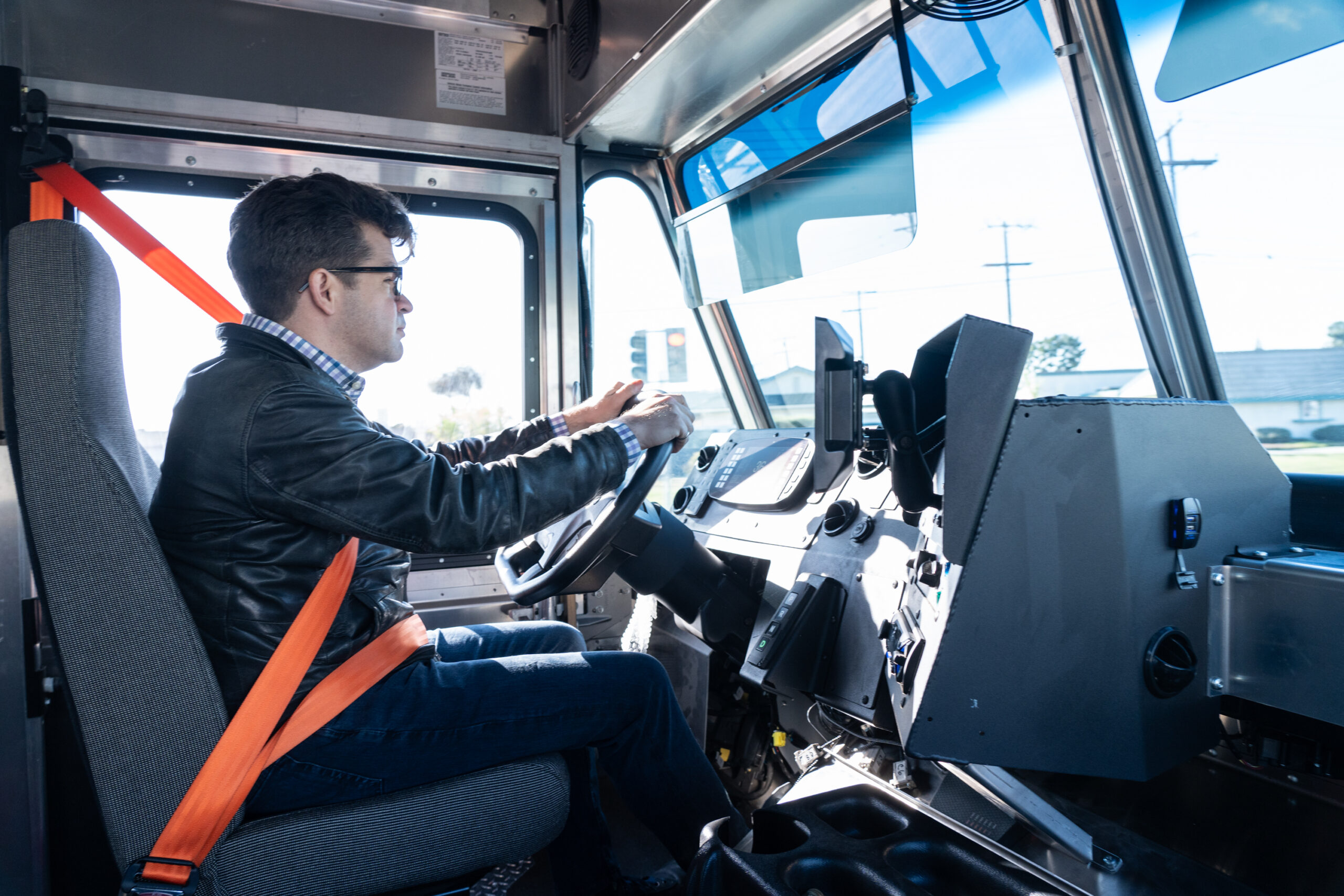
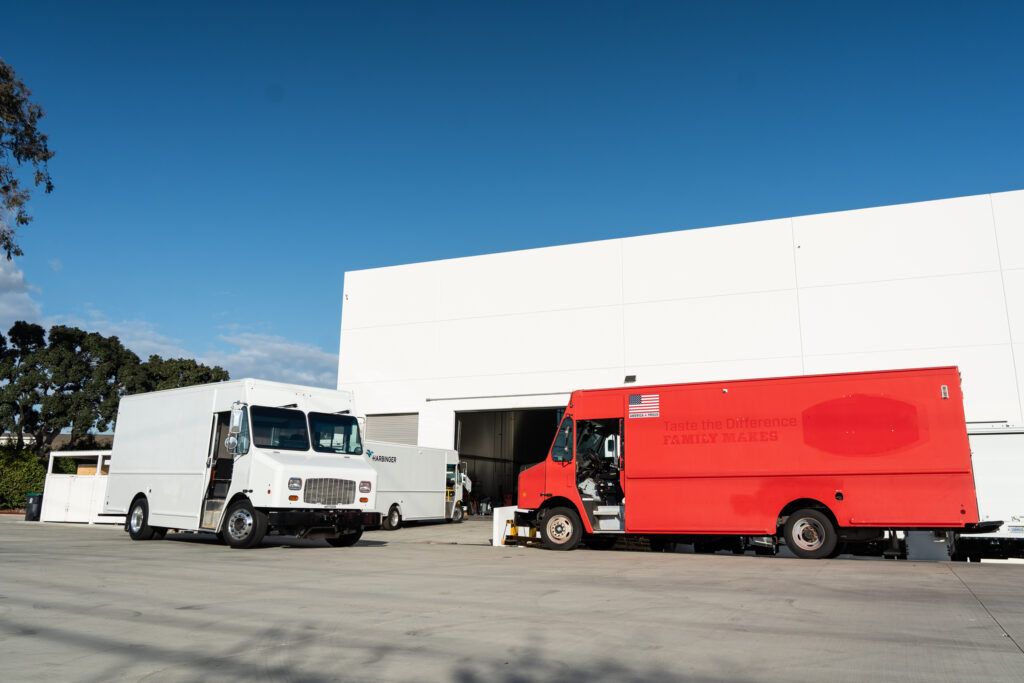
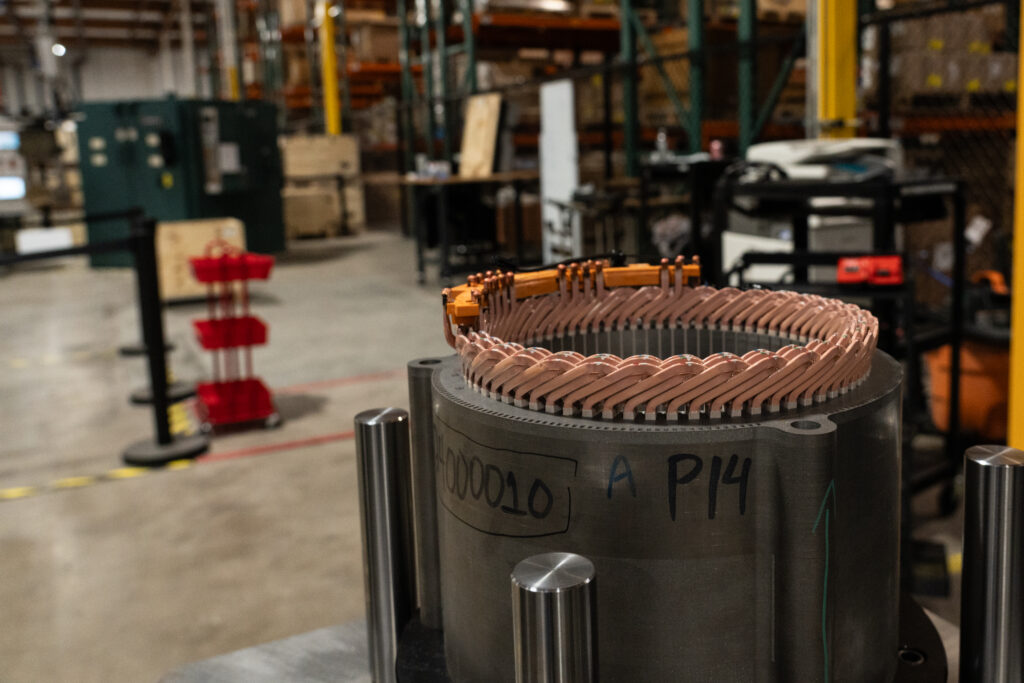
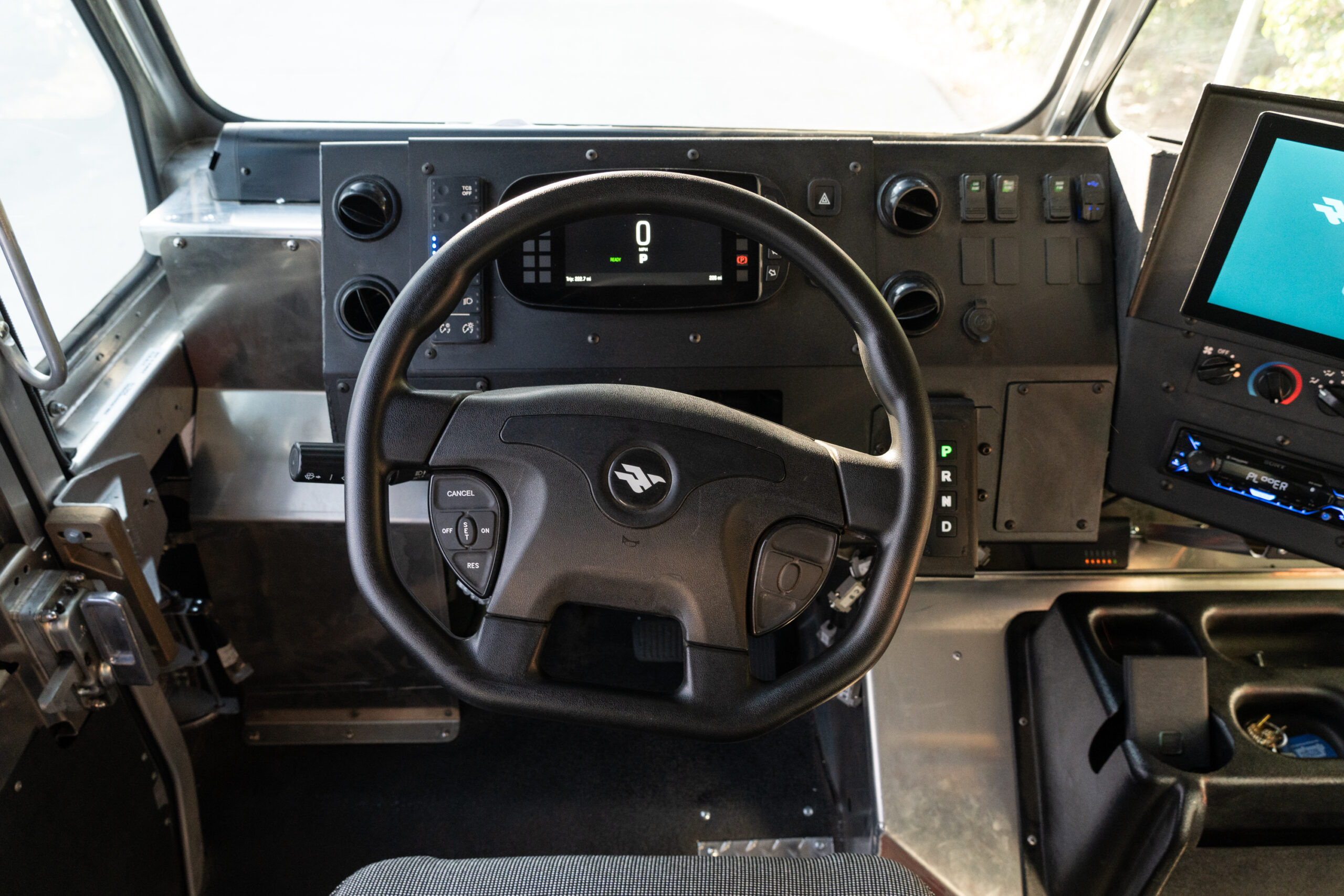
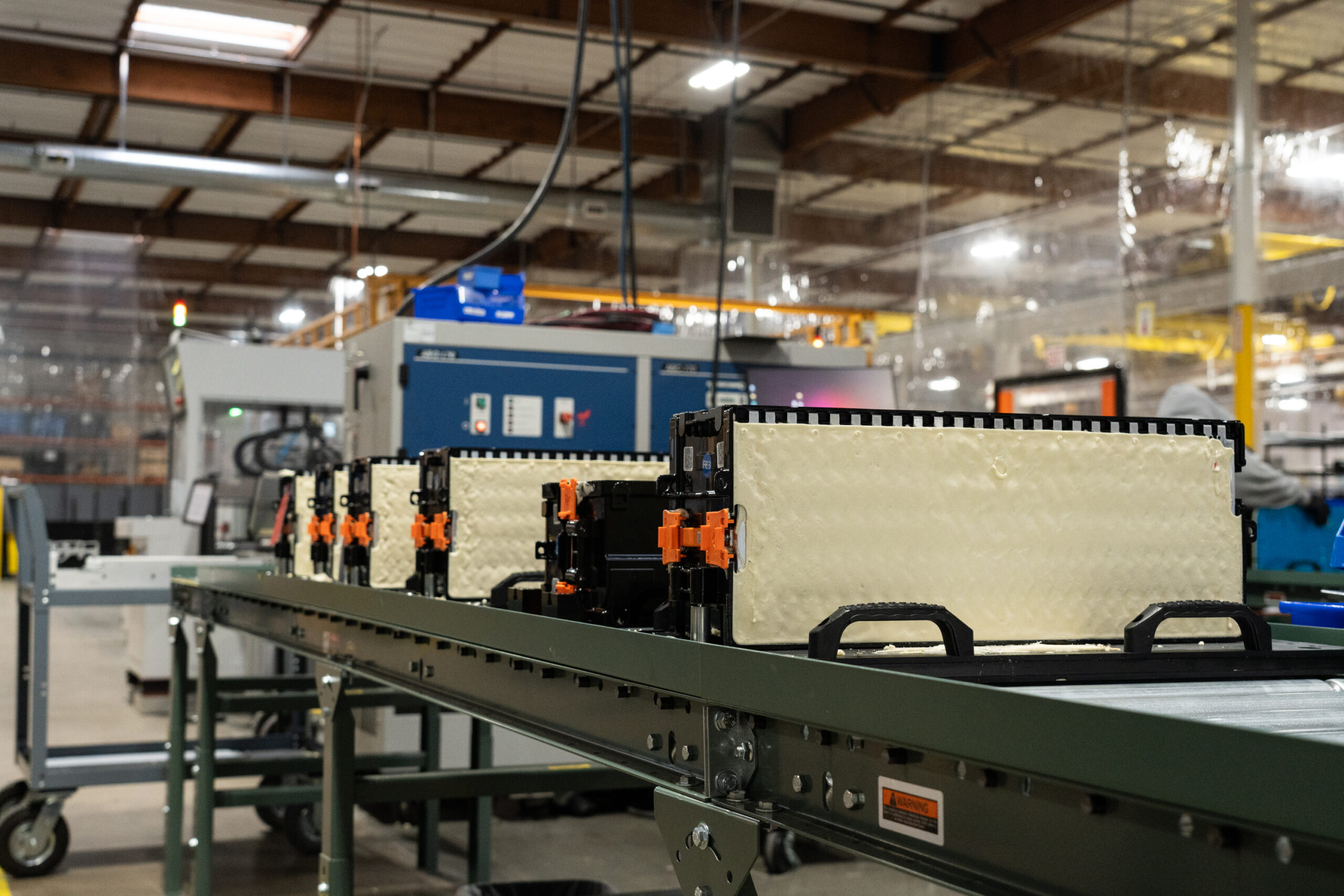
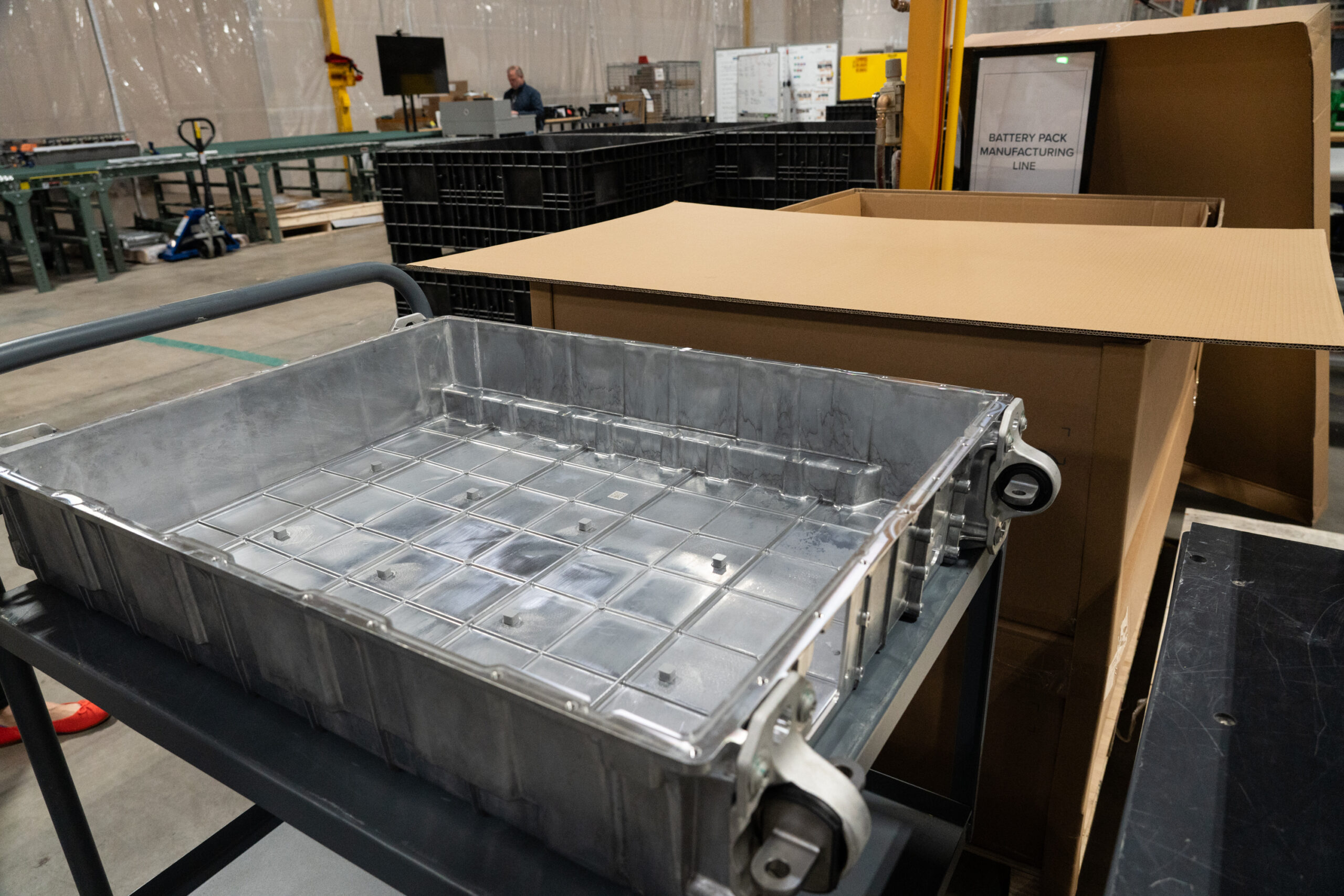
 Loading comments...
Loading comments...
